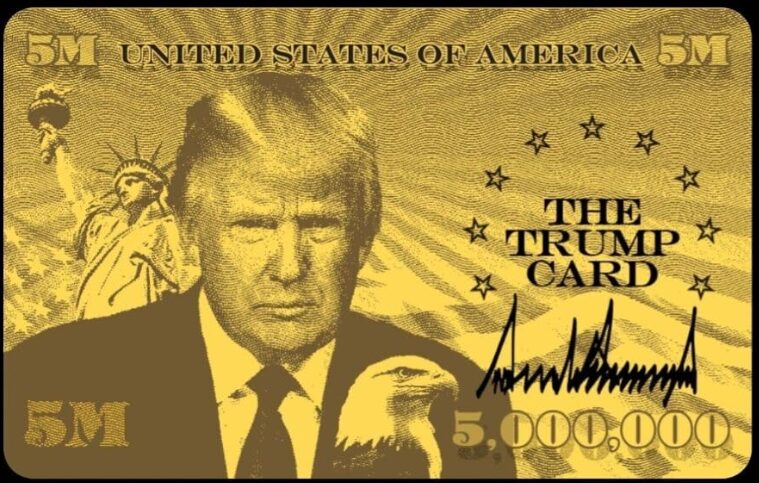In a rare display of bipartisan unity, the U.S. Senate on Tuesday unanimously approved the “No Tax on Tips Act,” a bill that would exempt up to $25,000 in annual cash tips from federal income taxes for workers in traditionally tipped occupations. The legislation marks a significant shift in federal tax policy affecting millions of service industry workers.
The measure now moves to the House of Representatives, where it may be considered as part of a broader tax and spending package. If enacted, the new deduction would take effect for taxable years beginning January 1, 2025.
“This legislation will have a lasting impact on millions of Americans by protecting the hard-earned dollars of blue-collar workers,” said Sen. Ted Cruz (R-Tex.), who introduced the bill. “The very people who are living paycheck-to-paycheck will now have some much-needed relief.”
$25,000 Tip Deduction for Eligible Workers
The bill allows qualifying workers to deduct up to $25,000 in cash tips from their taxable income annually, provided the tips are reported to employers for payroll tax purposes. The deduction applies only to individuals earning less than $160,000 per year.
Within 90 days of enactment, the U.S. Department of the Treasury is required to publish a list of recognized tipped occupations. While restaurant servers, bartenders, and hotel workers are expected to qualify, inclusion of newer roles—such as app-based service workers—remains uncertain.
The bill also broadens the federal tax credit available to employers for payroll taxes paid on tips, expanding it to include businesses in barbering, nail care, esthetics, and similar personal service industries.
Political Momentum and Industry Suppor
Endorsed by both major 2024 presidential contenders—Donald Trump and Kamala Harris—the bill garnered wide appeal across party lines and among business groups. The National Restaurant Association and other trade organizations applauded the measure, citing its potential to boost retention in service jobs and provide relief amid inflationary pressures.
Analysts: Impact May Be More Political Than Practical
Policy experts, however, have questioned the bill’s tangible benefits. Research from the Tax Policy Center shows that a large share of tipped workers already pay little or no federal income tax due to their low earnings. As such, the new deduction may have limited direct impact for many in the target group.
The Tax Policy Center also estimates that the exemption could reduce federal revenue by $6.5 billion in 2025. If payroll tax exclusions were expanded to match, that figure could exceed $13 billion—raising concerns about implications for Social Security and Medicare funding.
Critics also warn that the bill may deepen income disparities between front-of-house tipped workers and back-of-house employees—such as kitchen staff—who do not receive tips and would see no tax benefit.
House Faces Pressure to Act Swiftly
With unanimous Senate backing and support from the White House, House passage appears likely but not assured. Some lawmakers have raised concerns about revenue loss and equity, and may seek to revise the bill before advancing it to the president’s desk.
If the House acts before the summer recess, service workers could begin claiming the deduction in the 2025 tax year. Delays or amendments, however, could push implementation into 2026.







